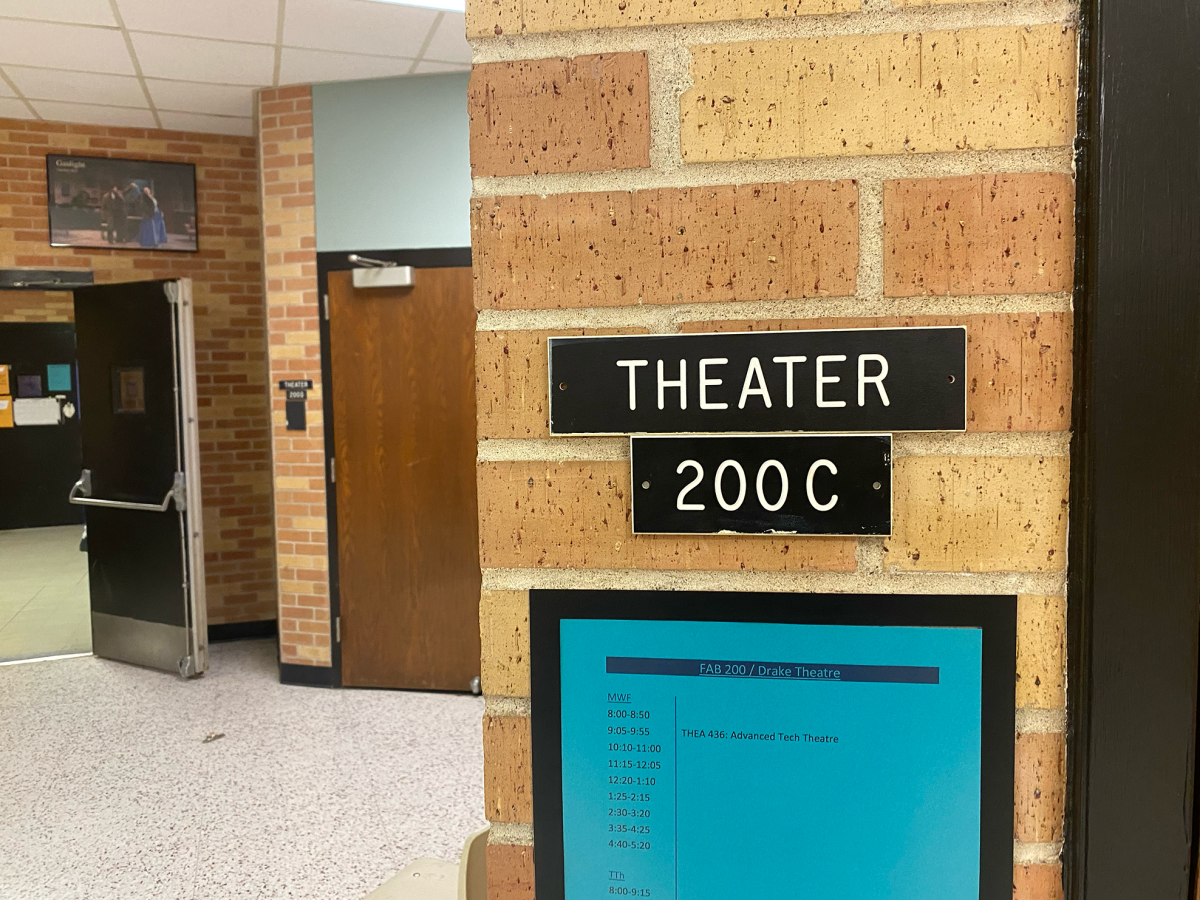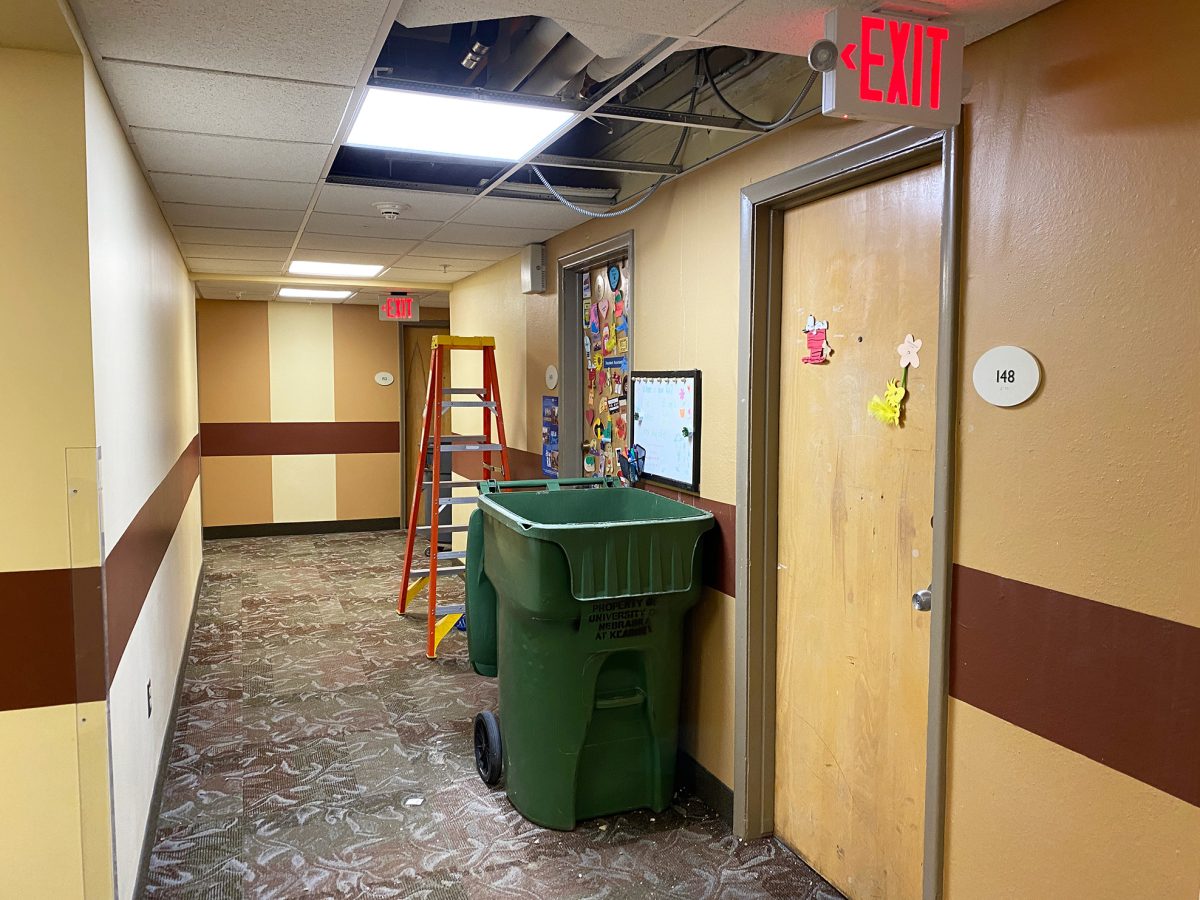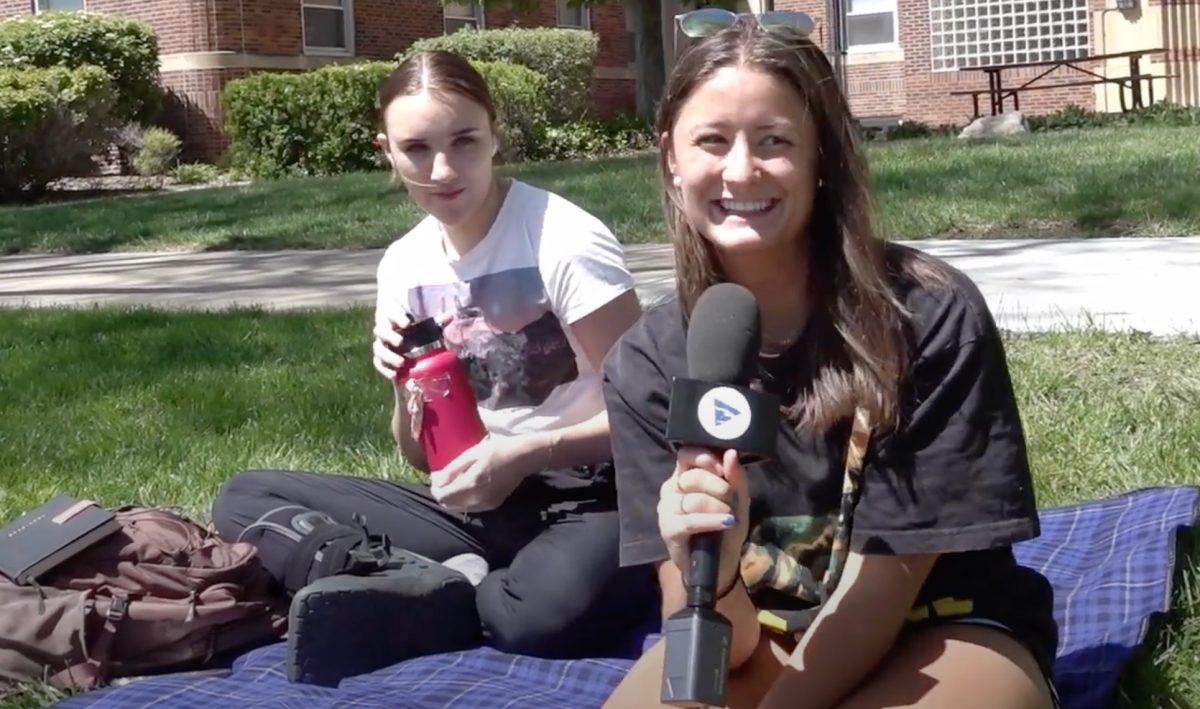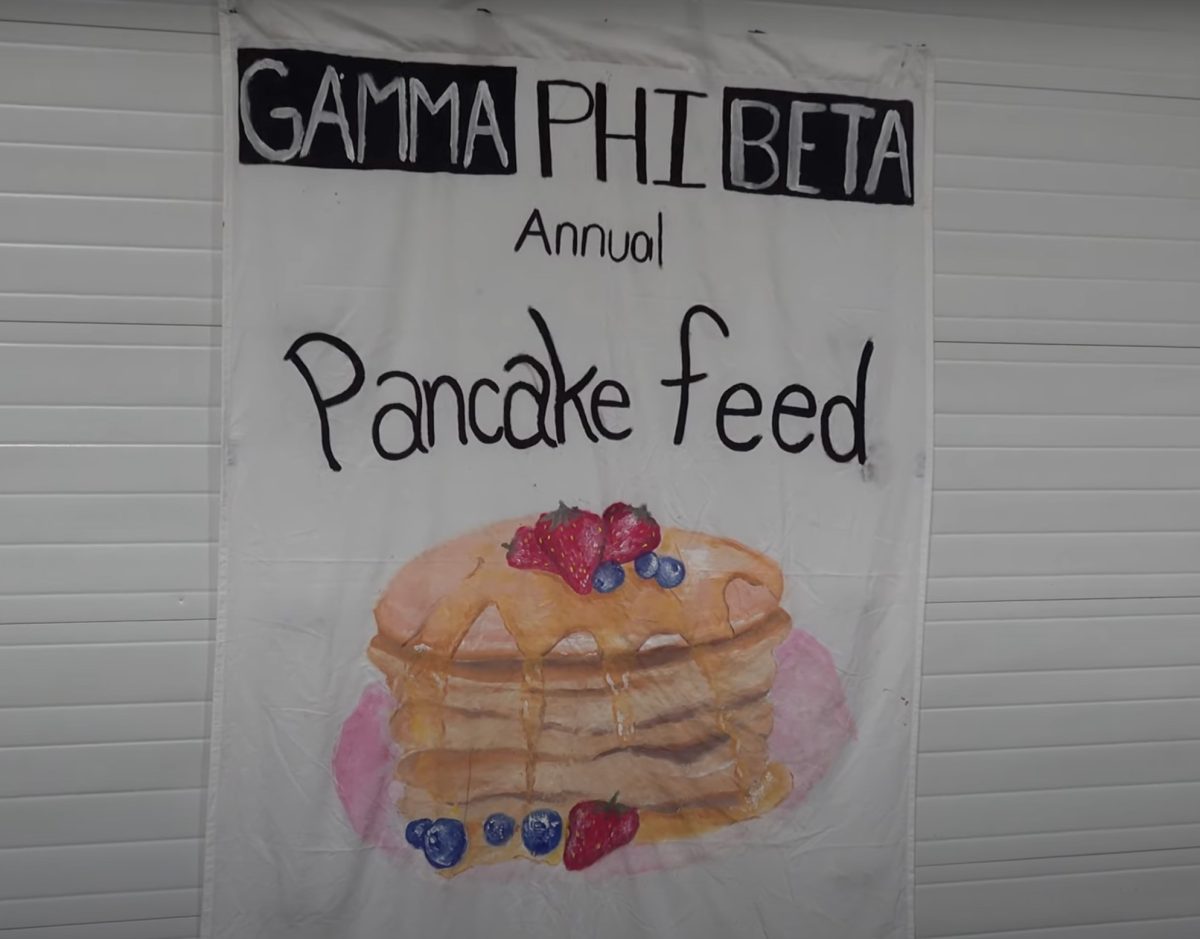Composting answer to mass production of household waste
By Meg Housholder

I was on my way out the door with the red strings of my Glad trash bag in between my fingers when I realized it was my third trip to the dumpster. Was it three trash bags out already? I took the trash out in the morning before I went to my 8 a.m. class, then took it out again after lunch.
The stench of the dumpster was especially rank in the evening. Whoa, this was our third bag o
f garbage today. How could a house of four women produce so much waste?
After I had my garbage epiphany, I started paying attention to the amount of trash that would pile up in our $6 Walmart trash can. Yes, we were the kind of house that would stack the trash as high as we possibly could; we would even go as low as to stack the trash up along the wall. We would do anything to not take the trash out. Taking the trash out multiple times a day gets old fast. One of us would eventually take it out after guests would come over and tell us our house “smells kind of funny.” I can’t even begin to imagine how much trash a house of men produces.
On average, Americans produce 4.4 pounds of trash every single day. The Environmental Protection Agency estimates the United States generates about 695,900 tons of trash per day, which adds up to 254 million tons of garbage per year. A family of four, or a house of four roommates, produces a total of 17.4 pounds of trash per day. That’s right, you and your roommates basically collect waste that weighs as much as a small child.
You may think the answer to less waste is to recycle. Although recycling reduces 1.5 pounds off the average trash total, it’s actually more expensive for cities and towns to recycle household waste than send it to a landfill.
The most effective way to get rid of waste is to compost it. Organic wastes, such as food and yard wastes, make up 25-50 percent of what you throw away. You may not be able to compost all your trash, but composting can significantly cut down your overall garbage
Composting prevents 87.2 million tons of material from being disposed. Diverting these materials from landfills prevents the release of 186 million tons of carbon dioxide. That’s the equivalent of taking over 39 million cars off the road for a year. If you can reduce the amount of trash you throw out, imagine the dollar bills you’ll be saving. Composting costs close to nothing, it’s easy to do at home and you’ll be reducing the amount of greenhouse gas emitted into the atmosphere.
For all of you students out there sick of taking out the trash, listen up. Here’re the three basic ingredients you need for composting: browns, greens and water. Brown ingredients can be leaves, branches and twigs. Brown materials provide carbons for your compost. Green ingredients include grass clippings, vegetable waste, fruit scraps and coffee grounds. These materials provide nitrogen. Your compost pile should have an equal amount of browns to greens. Alternate brown and green layers in a special plastic bin or bag available at local hardware stores. The water will moisture the soil to help break down organic matter. It’s imperative to keep track of organic matter you throw in your composting bin because it takes two to five weeks to full compose. You must manage your bin weekly to keep odor, pests and rodents away.
Start paying attention to the amount of plastic, cardboard or paper you and your roommates dispose of. The next time you make a trip to the grocery store, opt for reusable bags or mason jars to fill with dry foods such as nuts, rice or quinoa. Be careful buying bulk items because most of the time they are double packaged. Composting is just one step in the right direction to decrease waste and make a more flourishing environment.
































Deralaand • Mar 15, 2018 at 12:13 pm
Mix this finished compost in a small garden, plant some vegetables and in a couple months people think you are a gardening genius.